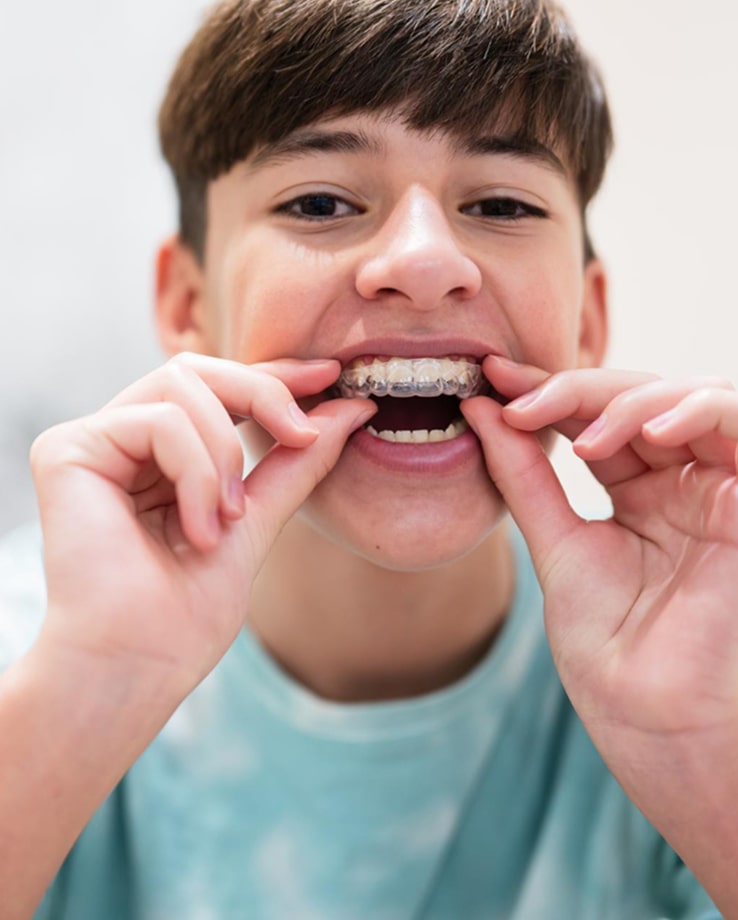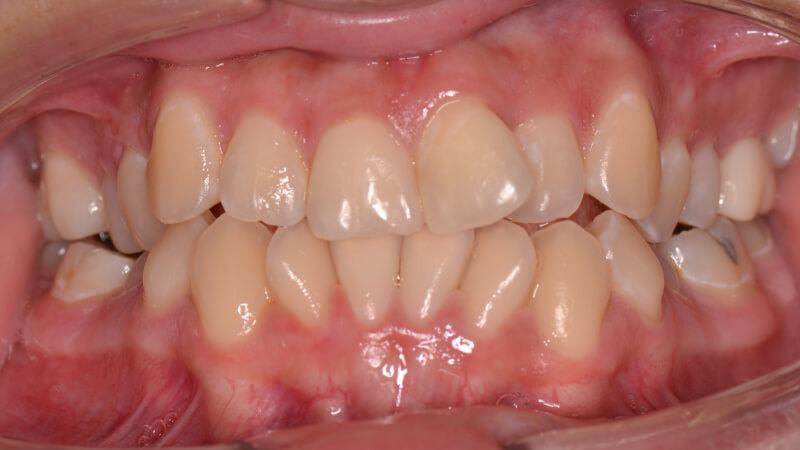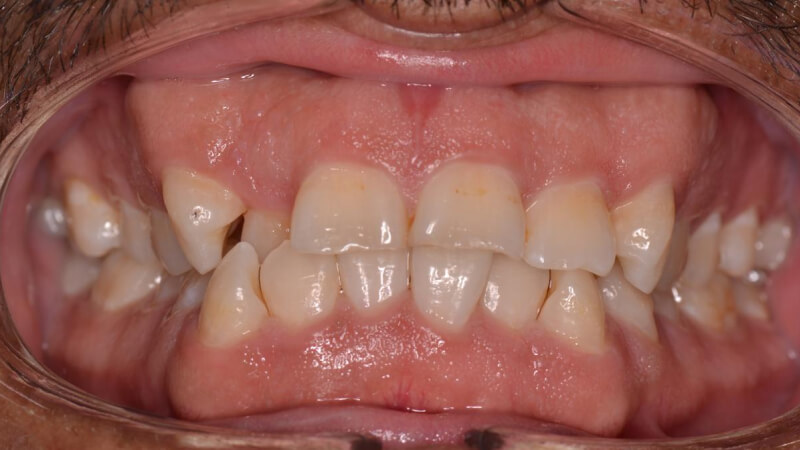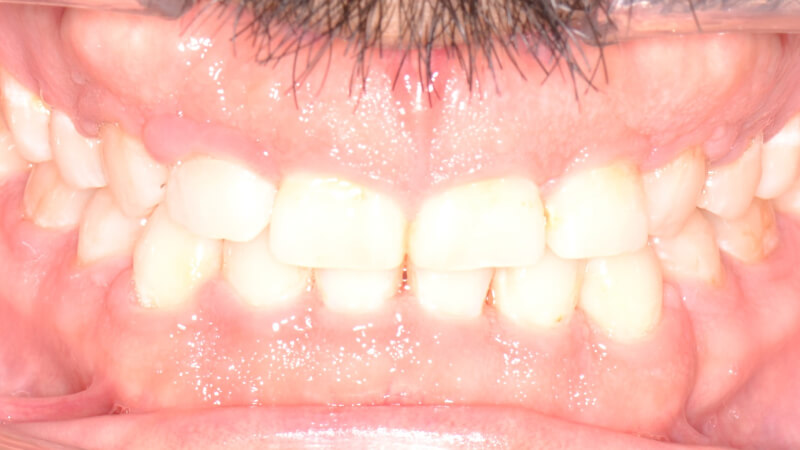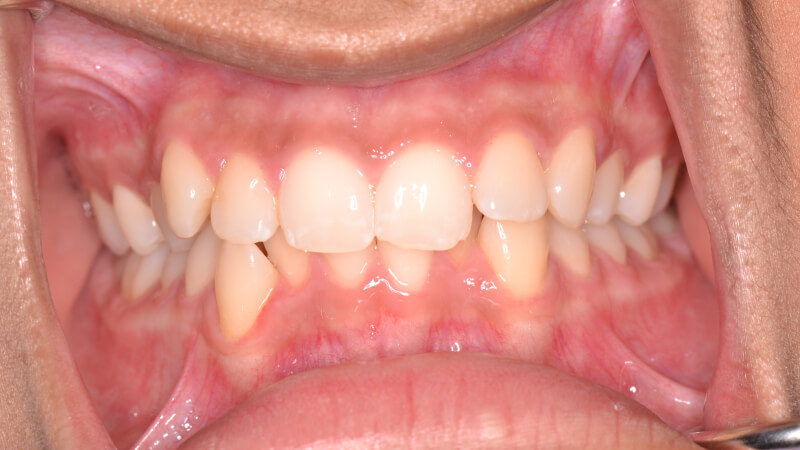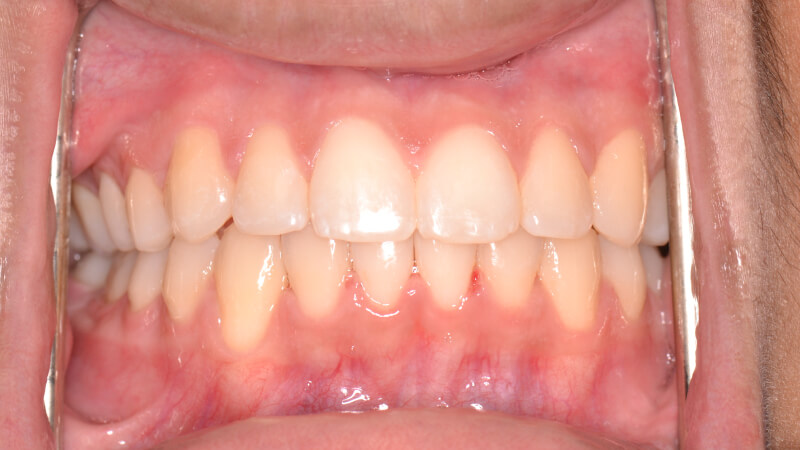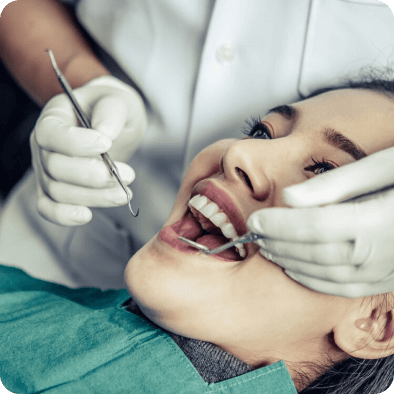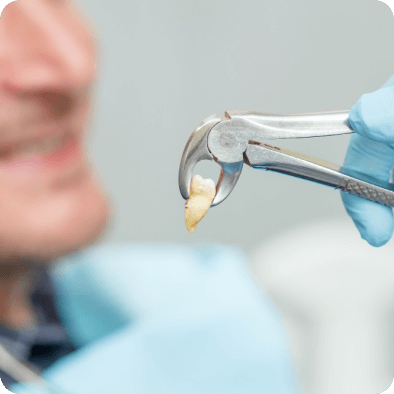Frequently Asked Questions About Orthodontics
1. What is the difference between braces and clear aligners?
Braces use metal or ceramic brackets and wires to shift teeth, while clear aligners (like Invisalign®) are removable plastic trays. Braces are great for more complex cases, while aligners are preferred for their discreet appearance and convenience in mild to moderate cases.
2. How do I know if I need orthodontic treatment?
You may benefit from orthodontics if you have crooked teeth, bite issues (like overbite or underbite), crowding, or gaps. A professional evaluation at Arya Dental will determine if treatment is right for you.
3. Can adults get braces or Invisalign?
Yes! Orthodontic treatment isn’t just for kids and teens. At Arya Dental, we help many adult patients achieve straighter smiles using both traditional braces and clear aligners.
4. How long does orthodontic treatment usually last?
The average treatment time ranges from 12 to 24 months, depending on the complexity of your case. Some minor alignment corrections may take as little as 6 months with clear aligners.
5. Will orthodontic treatment hurt?
You may experience mild soreness for a few days after getting braces or changing aligner trays, but the discomfort is temporary and manageable with over-the-counter pain relievers.
6. Are retainers necessary after treatment?
Yes. Retainers help maintain your new tooth position and prevent shifting. We offer both fixed (bonded) and removable retainers based on your needs.
7. How often do I need to visit during treatment?
For braces, you’ll typically come in every 4–6 weeks for adjustments. Clear aligner patients may come in every 6–8 weeks to monitor progress.
8. Is orthodontic treatment covered by insurance?
Many PPO dental insurance plans include orthodontic coverage, especially for children. Our team will verify your benefits and help you maximize coverage.
9. What’s the best age to start orthodontics?
The American Association of Orthodontists recommends the first screening by age 7. Early evaluations can help identify jaw issues or bite misalignments before they become more complex.
10. Can orthodontics fix bite problems too?
Absolutely. Orthodontics can correct overbite, underbite, crossbite, and open bite, improving both function and appearance of your smile.



